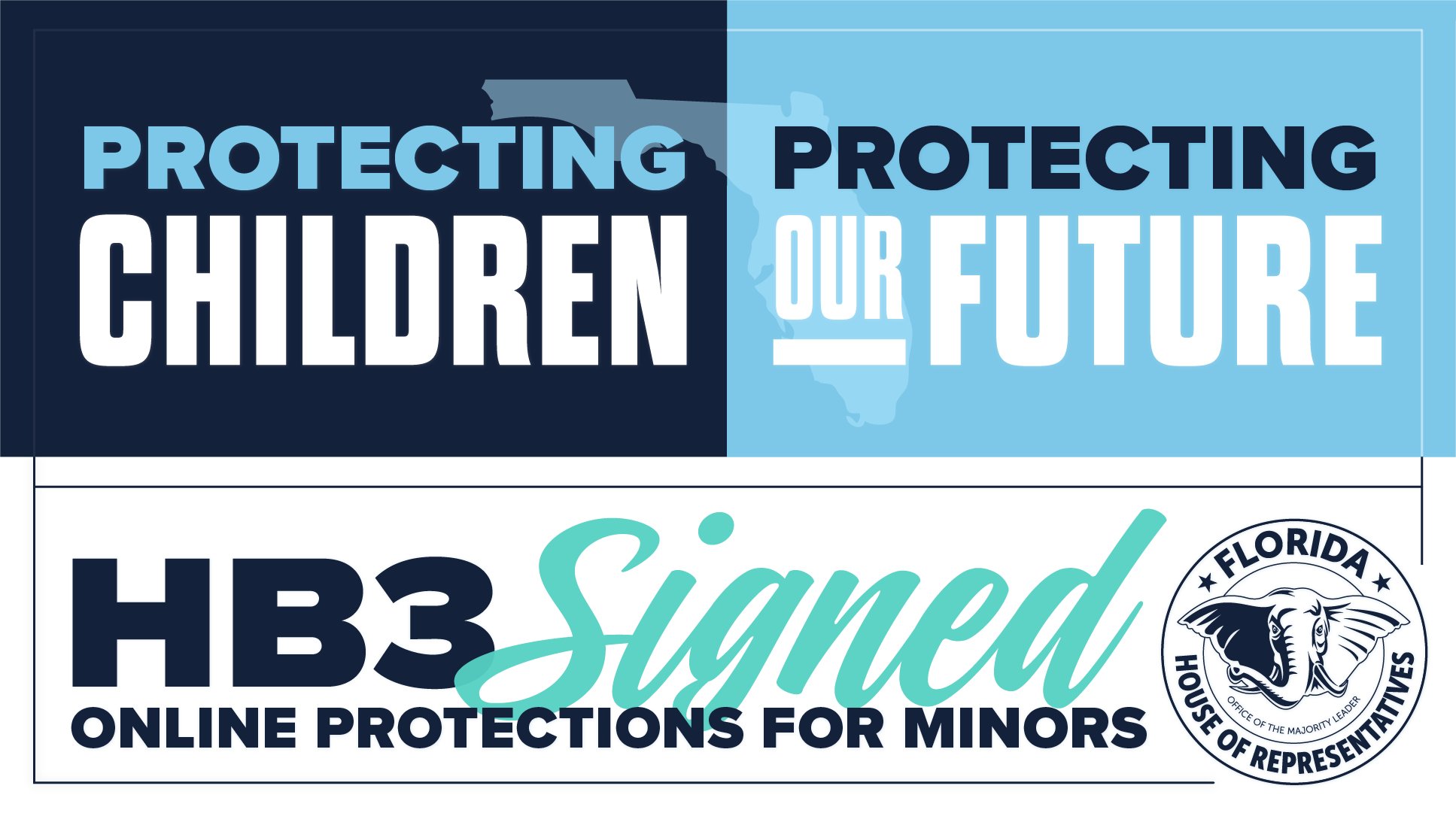HB3 Law and Aylo’s Geo-Block Spark Unprecedented VPN Surge
Several adult entertainment websites have begun limiting access to users in South Carolina following the implementation of the state’s new age-verification law, which went into effect on January 1. The 2024 Child Online Safety Act, introduced by state Rep. Travis Moore (R-Spartanburg), aims to reduce minors’ access to pornographic content online by requiring adult entertainment providers to use “commercially reasonable” methods to verify users’ ages, using both public and private transactional data.
Moore stated in a recent interview, “I don’t think anyone can discuss that the law is effectively reducing minors’ access to this content. Any reduction is moving in the correct direction.”
The legislation closely mirrors Louisiana’s Act 440, which was introduced by conservative state Rep. Laurie Schlegel in 2024. This law has since served as a template for 17 similar anti-obscenity laws across southern states.
The age verification process includes methods such as “digitized identification cards” and third-party services used by businesses or government agencies to ensure users are over 18. Websites that fail to properly verify the ages of users who access adult content could face criminal charges and be sued for damages under the South Carolina law.
The bill passed with little opposition, receiving a 113-1 vote in the House, where only Rep. Justin Bamberg (D-Bamberg) voted against it, and unanimous approval in the Senate. However, the law has sparked concerns. During debates last winter, online advocacy groups raised alarms about potential privacy issues for South Carolina consumers and the risk of violating federal protections for anonymous speech. Some state Senate staff also suggested the law might face challenges based on the First Amendment. Despite these concerns, lawmakers moved forward with the legislation.
HB3 Law: Protecting Minors from Adult Content
The HB3 law refers to the 2024 Child Online Safety Act that was introduced in South Carolina. This law was designed to protect minors from accessing explicit adult content online. It requires websites that host adult content to implement age-verification measures to ensure users are over 18 before accessing such material. The law mandates that adult content providers use “commercially reasonable” methods, such as age-verification tools, to prevent minors from viewing explicit material. Websites that fail to comply with these age-verification requirements could face legal consequences, including criminal liability and potential lawsuits.
Similar laws have been introduced in other states, inspired by the legislation, to address concerns about children’s online safety and exposure to adult content.
VPN demand in Surge
The recent geo-blocking by Aylo, which restricted access to adult sites for users with Florida IP addresses, has led to a significant surge in demand for Virtual Private Network (VPN) services across the state. VPNs provide a way for users to mask their IP addresses and encrypt their internet traffic, offering enhanced privacy and security while browsing the web.
Research by vpnMentor revealed a dramatic increase in VPN usage in Florida, with a staggering 1,150% spike in demand within just four hours after the HB3 law took effect on January 1st, 2024. This surge in usage began immediately after the law’s implementation and has continued to rise steadily. The demand was also notably high on December 19, 2024, following Aylo’s announcement of geo-blocking Florida-based IPs, with a 51% increase in VPN requests on that day alone.
This uptick in VPN adoption highlights the growing interest in tools that allow users to bypass geo-restrictions and maintain access to content, even in the face of strict state-level regulations.
The HB3 Law and Aylo’s Geo-Block are part of recent developments in Florida concerning online access to adult content.
- HB3 Law: The 2024 Child Online Safety Act (HB3) was passed in South Carolina, and it’s a similar type of legislation that may have been referenced here in relation to Florida. It requires adult content websites to verify the age of users to prevent minors from accessing explicit material online. If websites fail to implement proper age-verification measures, they could face legal consequences. Similar laws have been introduced in other states as well.
- Aylo’s Geo-Block: Aylo, an adult entertainment platform, decided to restrict access for users from Florida IP addresses in response to the HB3 law or similar legal measures. This kind of “geo-blocking” prevents users in a particular location—in this case, Florida—from accessing certain online content based on their IP address. Geo-blocking is commonly used by companies to comply with regional laws or regulations.
Together, the HB3 law and Aylo’s geo-block have led to a surge in VPN usage in Florida as residents look for ways to bypass the restrictions and access the adult content they were previously able to view.
In the past, Aylo (and Pornhub) has geo-blocked users from 12 states that implemented age-verification laws the site deemed unreasonable. This action has led to significant spikes in VPN usage as users seek ways to bypass these restrictions and maintain access to adult content.
For example, in May 2023, when Pornhub banned users from Utah due to state-enforced age-verification laws, there was a staggering 967% increase in VPN demand. Similarly, when Texas passed its own age-restriction laws for adult sites, VPN usage in the state surged by 234.8%.
While VPNs can offer users enhanced privacy and security benefits, it’s important to note that they should not be used for illegal activities. Users are urged to be aware of the legal implications of their online actions and to use VPN services responsibly.




